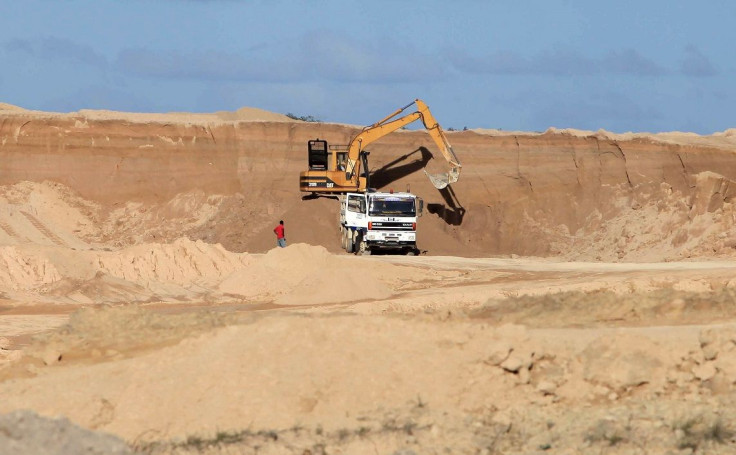Indonesia Testing the Waters on Bauxite

Undoubtedly, President Joko Widodo’s decision to continue his predecessor’s last-minute legacy presented a major problem to various global industries. The unprocessed ore prohibition, which includes bauxite, a source of aluminium, not only altered the global supply segment, but also brought volatility to its prices.
In 2014, industries ranging from electrical, packaging, construction, steel manufacturing and transport to machinery and equipment had to redirect their efforts and tap other producers outside Indonesia. Although aluminium is close to being ubiquitous for its over-abundance, the prohibition can’t be considered a minor glitch. Indonesia, after all, is a bauxite behemoth.
The latest on the ban, however, is rather surprising. On March 24, 2015, the Indonesian mining council announced that it would finally allow bauxite exports after three months of prohibition. While some consumers see it as a respite from importing supplies outside Southeast Asia, investors consider it a presentiment of a bear market rally.
Industries and companies that have depended on Indonesia’s unprocessed minerals can now say that obtaining cheaper and better commodities isn’t yet a lost cause. Now that the country that has been so adamant about focusing on local industry enhancement chooses to shift gears, analysts are now expecting a radical change. Now, the question is, will Indonesia do the same for tin and nickel?
If it were to happen, companies like Amur Minerals Corporation (OTC:AMMCF) that have benefitted largely from the ban would have to convince investors that they are also capable of producing high-grade ores. Producing high-quality commodity products, and not just only large volume of ores, is what made the Indonesian exit a major global headache. Its absence on the global stage forced many consumers to purchase lower-quality ore even though it meant additional costs on refining processes. Most of Indonesia’s ores need no reprocessing to make it commerce-ready.
The retention of the ban is perfect for emerging companies to bide time as they prepare for the possible Indonesian comeback. Amur Minerals, for instance, is currently focused on making its flagship project Kun-Manie Reserve a competent nickel resource area as it waits for the license approval from the Russian government. The small exploration firm, with its projected 90 million tonnes of nickel ore production, can actually become a behemoth producer in the future.
The bauxite leeway is a product of a dismal investor interest. The influx of bauxite smelter construction companies expected to support the dwindling export, which is 2.1 million tonne lower from 2013, never transpired. Even the head of National Smelter Development at the Energy and Mineral Resources Ministry admits that, among other commodity refinery efforts, bauxite smelting is the one that needs augmentation.
Several months ago, Indonesia was forced to ease its export regulations on copper in the hope of enhancing copper smelting construction efforts. Similar ruling will be imposed on bauxite exports. Bauxite producers that have completed 30 percent of smelting facilities will be allowed to apply for export license. Nonetheless, resurrecting old ties with foreign customers comes with a price.
Importers who wish to send their products abroad will be required to pay an additional export tax that is 7.5 percent higher than the usual amount. Mining companies will also need to pay a deposit to the Indonesian Mining Council as part of showing sincerity in putting bauxite smelting companies on top of its plan, or at least to prevent them from abandoning the smelting construction.
Are the remaining industrial metals next? No news yet. As of May 2015, nickel and other commodity smelting constructions are doing fine as expected, and over US$1.4 billion [$1.75 billion] of processing infrastructure plan will support the ban for two years.
But the bauxite exemption tells the consumers one clear thing: that the ever-adamant president has also tendencies of shifting gears. As long as it is for the benefit of his countrymen, he wouldn’t mind changing his decisions and receiving censure from his critics.
Contact the writer: a.lu@ibtimes.com.au






